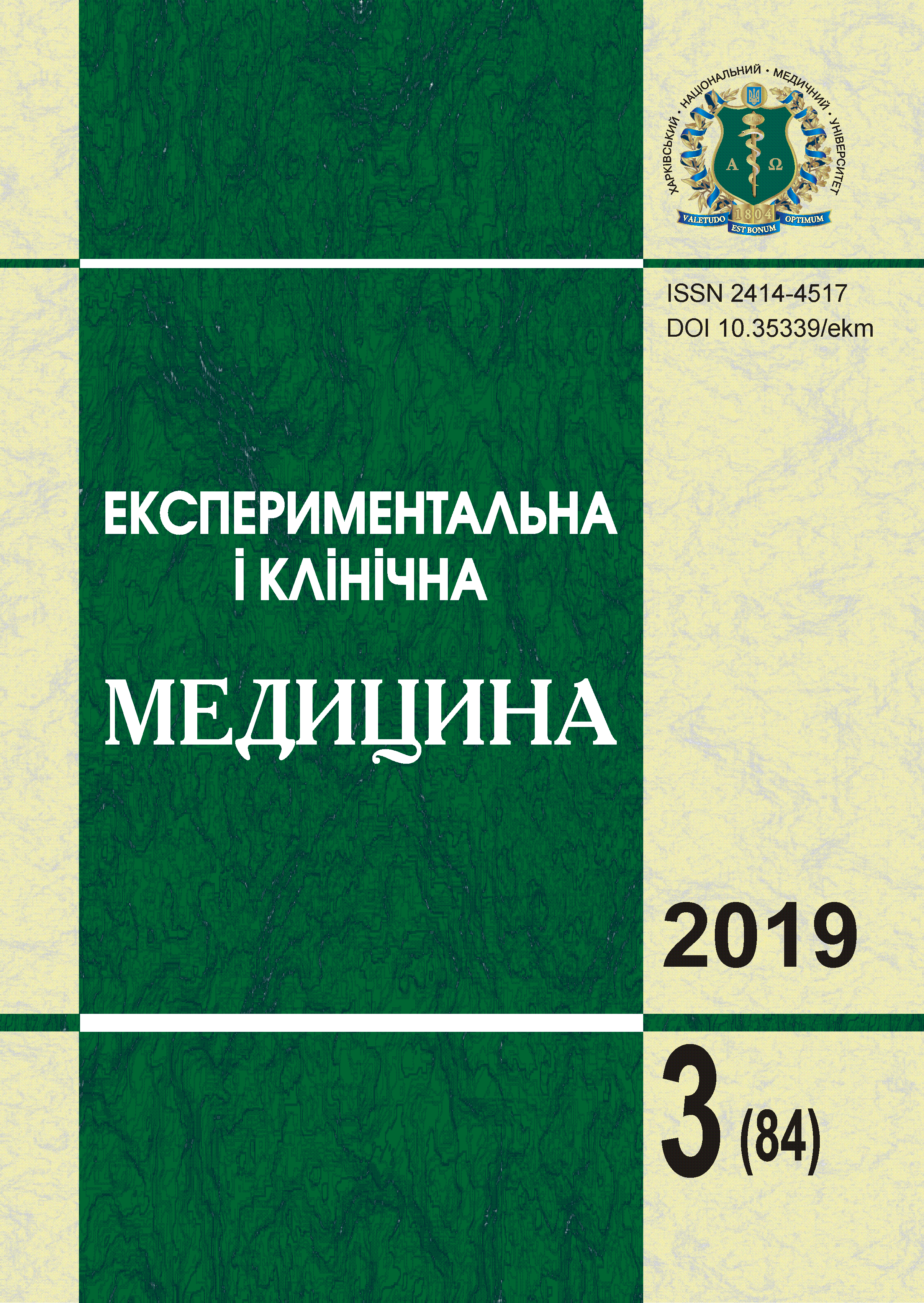Abstract
A life-threatening illness requires the involvement of the family and close environment of the patient in helping them. On the base of informed consent, 286 cancer patients examined: 174 women and 114 men. Patients examined at different stages of the treatment process, namely, at the first episode of the disease - 78 women and 51 men, and after return of the disease or its relapse - 96 women and 63 men. In women and men with cancer progression led to a decreasing indicators characterizing psychosocial support, which caused both by subjective (peculiarities of perception) and also by objective factors (increasing needs of patients and demands for help). Among women, indicators of psychosocial support were better than men. The level of psychosocial support differed significantly depending on the level of family adaptation. Psychosocial support is an important component of complex psychological help for patients with cancer and their families. Of particular importance is the correction of the psychosocial component of help in the case of disease progression and impaired family functioningReferences
Jeong A., Shin D.W., Kim S.Y. et al. (2016). The effects on caregivers of cancer patients 'needs and family hardiness. Psychooncology, vol. 25 (1), pр. 84–90.
Lai C., Borrelli B., Ciurluini P., Aceto P. (2017). Sharing information about cancer with one's family is associated with improved quality of life. Psychooncology, vol. 26 (10), pр. 1569–1575.
Jia M., Li J., Chen C., Cao F. (2015). Post-traumatic stress disorder symptoms in family caregivers of adult patients with acute leukemia from a dyadic perspective. Psychooncology, vol. 24 (12), pр. 1754–1760.
Markova M.V., Piontkovsʹka O.V., Mukharovsʹka I.R. (2013). Alhorytm povidomlennya diahnozu ta «nespryyatlyvym» novyn u klinitsi dytyachoyi onkolohiyi [Algorithm for reporting diagnosis and "adverse" news in the pediatric oncology clinic]. Kharkiv, 26 р. [in Ukrainian].
Leroy T., Fournier E., Penel N., Christophe V. (2016). Crossed views of burden and emotional distress of cancer patients and family caregivers during palliative care. Psychooncology, vol. 25 (11), pр. 1278–1285.
Mukharovsʹka I.R. (2016). Osoblyvosti psykholohichnoho stanu Chleniv sim'yi onkolohichnoho khvoroho na riznikh etapakh likuvalʹnoho protsessa [Features of the psychological state of family members of a cancer patient at different stages of the treatment process]. Science Rise. Medical science, № 12 (8), рр. 21–26 [in Ukrainian].
Drabe N. et al. (2015). Mutual associations between patients 'and partners' depression and quality of life with respect to relationship quality, physical complaints, and sense of coherence in couples coping with cancer. Psychooncology, vol. 24 (4), рp. 442–450.
Lee K.C., Yiin J.J., Lin P.C., Lu S.H. (2015). Sleep disturbances and related factors among family caregivers of patients with advanced cancer. Psychooncology, vol. 24 (12), рp. 1632–1638.
Nipp R.D. et al. (2016). Factors associated with depression and anxiety symptoms in family caregivers of patients with incurable cancer. Annual of Oncology, vol. 27 (8), рр. 1607–1612.
Fujinami R. et al. (2016). Family caregivers' distress levels related to quality of life, burden, and preparedness. Psychooncology, vol. 24 (1), рp. 54–62.
Faller H. et al. (2016). Perceived need for psychosocial support depending on emotional distress and mental comorbidity in men and women with cancer. J. Psychosom. Res., vol. 81, рp. 24–30.
Holland J.C. et al. (2015). Psycho-Oncology. Oxford University press, 772 p.

